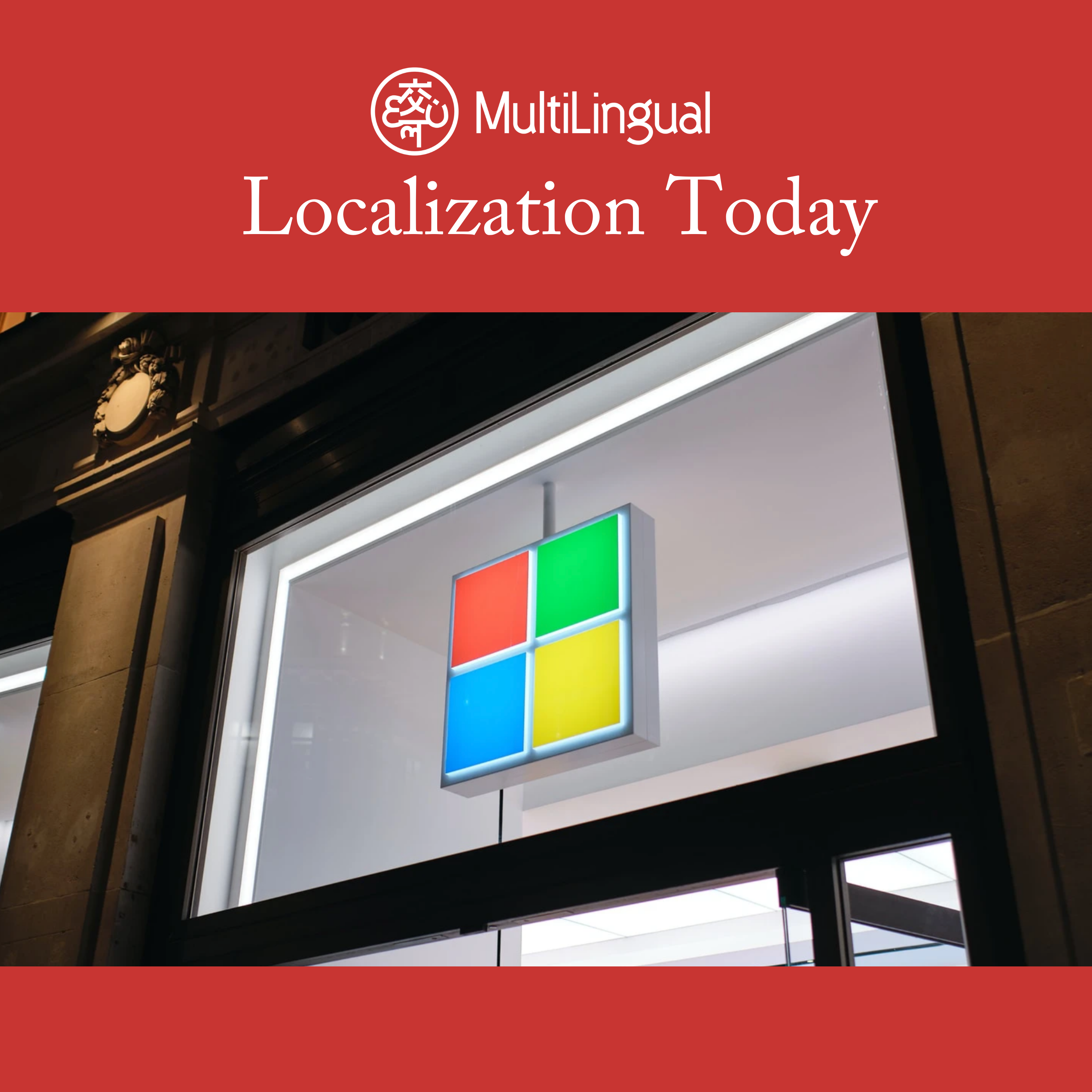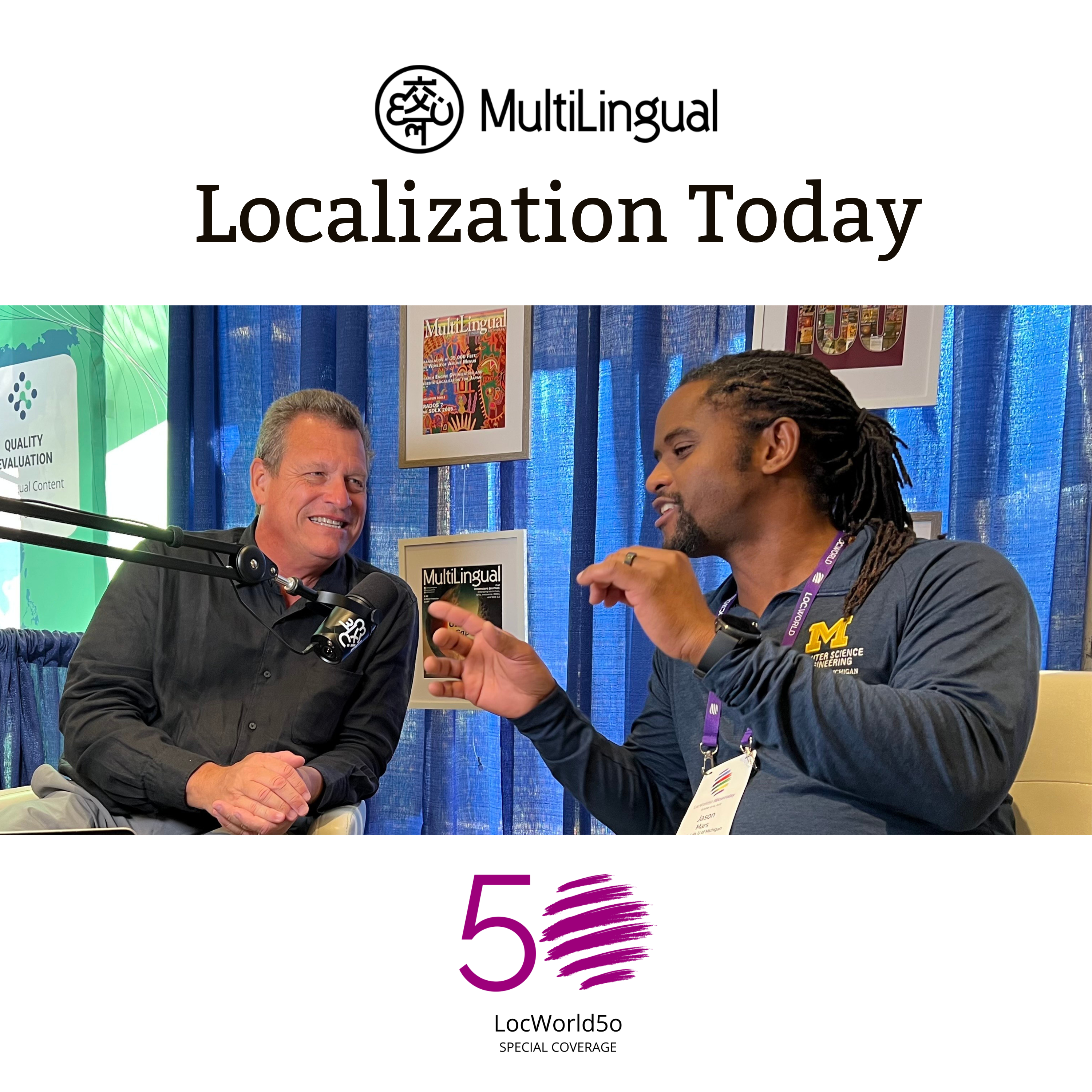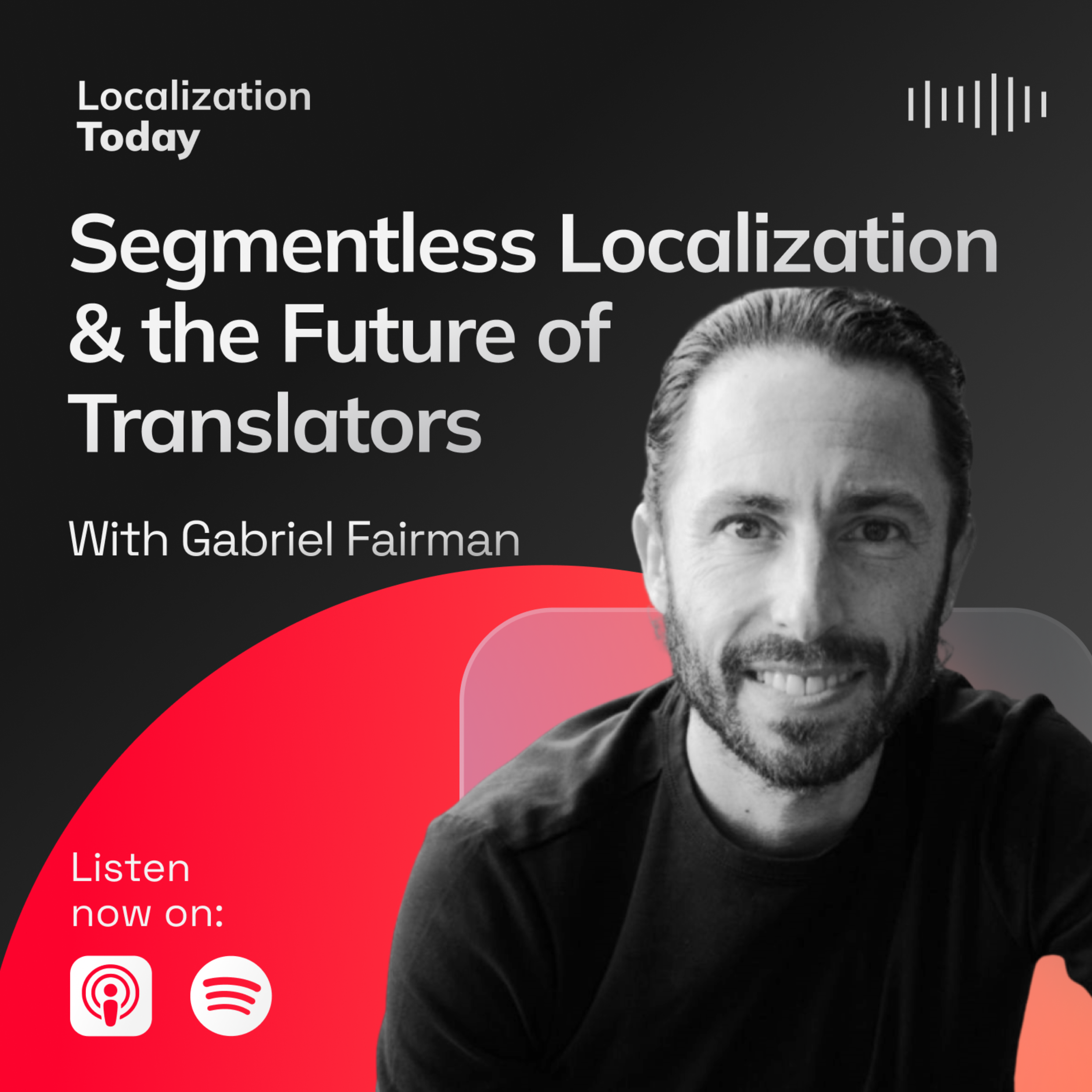Episode Transcript
[00:00:00] Leapfrogging the Africa's Role in Language, Services and AI by Johann Botha for decades, Africa has too often been described as lagging in technology and infrastructure. Yet history shows that when the continent sidesteps legacy systems, it can create models that not only work locally but also influence global practice. Examples are numerous.
[00:00:24] Mobile banking was prevalent in Africa before becoming the global standard for financial inclusion.
[00:00:30] Renewable energy, where solar panels and microgrids were built instead of centralized infrastructure, is another example. Tools like OASamed in South Africa are transforming multilingual healthcare finance. GPT is reshaping access to credit in education.
[00:00:49] Platforms such as suicode and Quain bring artificial intelligence learning directly to mobile phones. Even in AI model design, Africa turned to small, efficient systems before the rest of the world caught on. That's why in Africa, leapfrogging is not a buzzword. It is the conscious choice to bypass outdated systems and go straight to what works. The point is to design solutions that fit African realities, which often prove better suited to the wider global south rather than tracing Western routes at a slower pace.
[00:01:23] Today, localization presents the next opportunity. In this article I explain why African language service providers LSPs don't need to catch up. They can leap ahead. Africa is well positioned to leverage its specialized language models, culture of collaborative entrepreneurship and emphasis on human centric design to launch itself to the forefront of the localization industry. Smaller Language Models Global companies are only now realizing the value of small language models.
[00:01:56] A recent Harvard Business Review article called the case for using Small language Models argues they are cheaper, easier to align with enterprise needs, and lower risk. Nvidia calls them the future of agentic AI, noting that most practical tasks can be done with smaller, specialized models, while large ones should be used only when necessary. Meanwhile, Africa has already embraced this path.
[00:02:22] Limited infrastructure made it unrealistic to rely on sprawling Western trained large language models, so researchers and developers focused on smaller domain specific language models. Ancuba LM, with about 400 million parameters, deliver strong results in multiple African languages.
[00:02:43] Baby LMS for Isicosa show that even with limited data, compact models can outperform generic ones in local tasks. What the world is now calling innovation Africa pioneered out of necessity. That necessity has become an advantage.
[00:02:59] SLM first, ecosystems are already taking root where compact models handle translation, subtitling and multilingual support across industries.
[00:03:09] African Intelligence in localization the global conversation often frames AI as a threat to human translators. In Africa, the story is different.
[00:03:20] What I call African intelligence, which is context rich, constraint, savvy and community driven, complements AI rather than competing with it. Instead of asking whether machines will replace us, we African localization professionals are asking how AI can extend what we already do best. The hurdles remain unreliable electricity, uneven connectivity, limited data, and fragile infrastructure. But these very constraints are what push African innovators to design leaner, smarter, and more sustainable solutions. Put simply, resourcefulness is our edge. Shift to Industry 5.0 the global shift from Industry 4.0, which prioritize automation and efficiency, to Industry 5.0, which values human well being, inclusion and sustainability, aligns with African cultural values of collective problem solving, linguistic diversity, and human centered design.
[00:04:21] It also creates a framework for governments, companies, and communities to work together in shaping technology that serves people rather than displacing them. In this new industrial phase, the way forward is not automation at any cost, but rather human in the loop systems as the channel through which technology becomes accessible across languages and cultures. Localization has a vital role in Industry 5.0. For Africa, this means training local practitioners with open tools, designing with cultural and linguistic inclusion from the outset, ensuring ownership, data and jobs remain rooted in local communities. This approach not only benefits Africa, but also offers the rest of the world a working model for sustainable and inclusive AI. Favorable Conditions on top of these attributes of the African language industry, several trends have moved African languages and localization to the center of global attention.
[00:05:23] Faster AI localization is adding more low resource languages to mainstream tools. Data privacy debates are opening opportunities for African governments to write their own frameworks instead of importing big tech defaults. Cultural nuance is finally being recognized as essential to localization. Global interest in African languages has grown, shifting them from niche to commercially valuable. Together, these changes place African LSPs at a turning point where language and technology meet on equal terms.
[00:05:55] Barriers to Overcome for the African language industry, progress is real but uneven. Key obstacles include bias in models, sparse data center infrastructure, weak connectivity, and regulatory uncertainty. Most global AI systems are trained on Western data, leaving African languages underrepresented. Data centers are unevenly distributed throughout the continent, with South Africa dominating and many countries operating only one or two facilities.
[00:06:26] Even where infrastructure exists, poor interconnectivity hinders collaboration. These challenges demand collective solutions involving governance, academia, industry associations, and LSPs. Without unified frameworks, Africa risks being shaped by outside agendas rather than its own. First steps for for African LSPs, the steps towards leading the conversation are clear and practical. Experiment little by little.
[00:06:56] Start with pilot projects that test AI in specific workflows. Seek partnerships across sectors.
[00:07:03] Healthcare, education, energy, and finance all need localization expertise. Listen to clients.
[00:07:10] Identify where they value efficiency and where they insist on human first expertise position. AI carefully present the technology as support for African intelligence, not a substitute Looking ahead throughout African society, AI driven changes once thought of as future scenarios are already here or will become mainstream in the next year or two. AI powered tutors, telemedicine apps and mobile education are not pilots anymore. They are improving lives for thousands of people.
[00:07:43] These near term realities show how Africa's leaps can set global examples Africa's localization industry stands at a crossroads. It can either adopt systems designed elsewhere or build its own tailored to its languages, people and contexts. The lesson of mobile banking still holds. Leapfrogging works. This time the leap is in localization and AI. If Small Model Innovation, African Intelligence and Industry 5.0 guide the way, Africa cannot just join the global industry, it can set the pace.
[00:08:19] This article was written by Johann Botha. He is an African language solutions expert and localization strategist with more than 20 years of experience.
[00:08:28] He is director at Folio Online and Intertel as well as co founder of the association of Language Companies in Africa Alka. He was recognized as a 2025 Language Industry Influencer in Multilingual Magazine.


